If you walk into a crowded place and shout Binance, there is probably someone who’s going to open their Binance app to check what’s going on. Centralized exchanges like Binance, Coinbase, and HBTC dominate the crypto space. Their reach in the market is an indication that we are already in the crypto future.
Statista reported earlier in the year that collectively, Binance, HBTC, and Hydax Exchange process $54 billion worth of transactions every 24 hours, almost a third of the global exchange volume.
As crypto adoption continues to rise, a corresponding surge in the decentralized Finance (DeFi) sector has driven interests in DEXes to new heights. But there will always be problems that come with disruption. In the case of DEXes, the widespread problem has always been that decentralization comes at the cost of usability.
The Problem With DEXes And The Rise Of UniswapDecentralized Exchanges have quickly emerged as solutions to the problems plaguing centralized exchanges. For example, several centralized exchanges have been reported to have technical issues when the crypto market booms. The overreliance on cloud providers like AWS makes it difficult to prepare for these downtimes. Also, abuse of power is a regular occurrence.
The QuadrigaCX scandal is a good reminder of this: $190 million in customer cash stored by the Canadian exchange disappeared with the CEO when he died in 2019, as it was all held on a single hardware wallet with no one knowing the password but the deceased.
Decentralized cryptocurrency exchanges are designed to address issues that centralized exchanges have. They are peer-to-peer (p2p) markets directly built on the blockchain, allowing traders to keep and manage their funds independently. Instead of the exchange or any other middleman directing the flow of money, such as a bank or an internet payment gateway, this procedure is controlled by a series of smart contracts that keep track of transactions on the blockchain on which it is built.
But DEXes also pose a series of problemsMany exchange operations on DEXes, such as deposits (also known as locking funds), placing orders, and finalizing trades, require Ethereum transactions on DEXes, resulting in an annoying situation where almost every action you take on a DEX pops up a Metamask window asking for approval, often also requiring pausing while in-between transactions.
In addition, Liquidity is frequently inadequate due to these exchanges’ poor user interface. Because order books are thin and spreads are big, prices are often lower than on a centralized exchange. Most DEXes today charge a premium for their privacy, security, and decentralization features.
Hence, UniswapUniswap, unlike other DEXes, does not employ order books and instead relies on an algorithmic pricing method to provide liquidity and minimal spreads. This price method is operationally simple, making Uniswap’s smart contract operations very straightforward. This has the added benefit of increased security, as well as lower gas costs.
Uniswap is an Automated Market Maker (AMM) that establishes token prices using a simple algorithm: x * y = k. The amount of ETH in the pool is represented by x, the number of tokens is represented by y, and k is constant in this equation. When ETH is used to purchase a token, x increases, y decreases, and the token price rises. Users do not input a price they want to purchase or sell at, unlike traditional exchanges. Uniswap works in a similar way to spot markets, where traders can only buy and sell at the current price in real-time.
Built on the Ethereum blockchain, each ERC-20 token traded on Uniswap has a pool of Ether and a pool of the token. The ratio of the size of the ETH pool to the size of the token pool determines the price of the token at any given time.
However, despite the radical departure from the status quo by Uniswap, there are other DEXes that offer alternative features that Uniswap doesn’t offer.
Dexes bringing something new to the table.While Uniswap is popular in the crypto world, there are other DEXes that serve as viable alternatives or offer entirely different features. Here are some of them:
1. Balancer: like Uniswap, Balancer is an AMM that allows users to swap ERC20 tokens. However, as the name suggests Balancer is a portfolio management tool balancing assets in a liquidity pool based on a given ratio.
Balancer has been a critical component of a number of highly successful DeFi initiatives, owing to its dependability, usability, and adaptability. Uniswap’s liquidity pools are always 50:50, whereas Balancer lets liquidity suppliers specify any ratio they choose (such as 98:2).
As a result, many liquidity mining sites choose Balancer over Uniswap since it lowers the danger of temporary loss. Balancer still maintains one of the greatest trade volumes of any decentralized exchange, despite its recent decline in popularity.
2. Solrise: Built on Solana, Solrise is non-custodial and decentralized fund management and investment protocol that helps democratize the investment space. On this DEX, anyone can open a fund or invest.
3. MakiSwap: This DEX runs on the popular AMM protocol as a yield farming platform built on the Huobi Eco Chain. It is the first DEX that will offer a variety of trading experiences including limit orders; charts; analytics; order books, etc. The DEX is a product of the Unilayer Eco-system which allows token holders to also reap rewards.
4. Tezos Liquidity Baking: It is the first protocol layer DEX, giving it an immediate advantage over application layer DEXs such as Uniswap by allowing rewards to be distributed in protocol token rather than application token.
5. Alkemi Network: Unlike the aforementioned, Alkemi Network is a unique DEX in that it does something no other DEX platform does: it fuses CeFi institutions with the DeFi space. It Offers state-of-the-art cryptography and liquidity for financial institutions and individuals to access DeFibanf earn on their Ethereum-based digital assets.
Alkemi Network: Merging CeFi to DeFiThere seems to be a rift between Centralized Finance and Decentralized Finance in the crypto space. Thought mostly based on the features both spaces offers, the dichotomies overlaps. But with Alkemi Network, the differences are bridged and fused.
Alkemi is a sophisticated liquidity network created with institutional and retail investors in mind to enable them to access and earn on their Ethereum-based digital assets. It’s the first liquidity platform to allow KYC permissioned and permissionless liquidity pools governed by one network utility token. The network allows participants to remain complaint by making them undergo KYC verifications before being allowed to interact within the pool.
The major offering of this DEX is Alkemi Earn, a permission liquidity pool where trusted counterparties can borrow and lend in wBTC, USDC, DAI, and ETH. Users can then lend and borrow and are also rewarded through the liquidity mining program.
Why Alkemi Network Is Different?There are numerous projects in the DeFi space. But what makes Alkemi stand out is their Alkemi Earn. With earn, users will not only be able to invest, they will be able to lend and borrow while also earning rewards through the liquidity mining program.
Earn pools can also be implemented into centralized exchanges to give consumers who aren’t DeFi power users an embedded experience.
Another thing to consider is that Alkemi Network has an accessible User interface which makes it more accessible for liquidity mining programs. The open-access for all kinds of investors makes it a true DeFi experience.
The KYC used by Alkemi is also industry standard. There’s a rigorous screening of liquidity providers that helps to fortify the borrowing and lending protocol and code.
Bringing it togetherAs the DeFi space continues to expand, new projects will keep popping. The institution-grade liquidity network will help bridge CeFi and DeFi to allow seamless transactions including borrowing, lending, and investing.

You can get bonuses upto $100 FREE BONUS when you:
💰 Install these recommended apps:
💲 SocialGood - 100% Crypto Back on Everyday Shopping
💲 xPortal - The DeFi For The Next Billion
💲 CryptoTab Browser - Lightweight, fast, and ready to mine!
💰 Register on these recommended exchanges:
🟡 Binance🟡 Bitfinex🟡 Bitmart🟡 Bittrex🟡 Bitget
🟡 CoinEx🟡 Crypto.com🟡 Gate.io🟡 Huobi🟡 Kucoin.
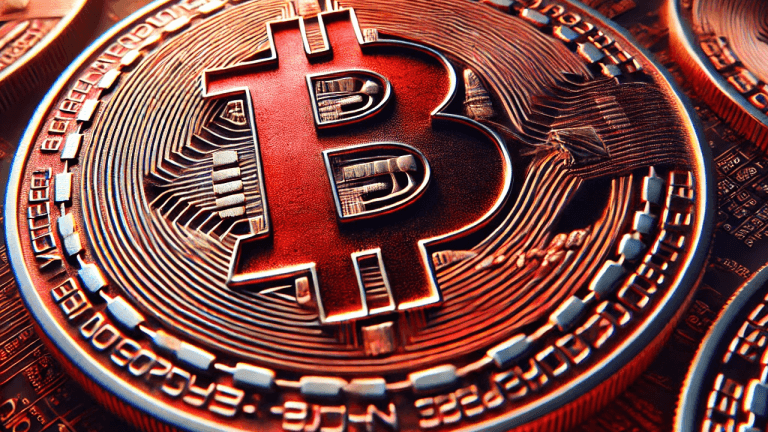
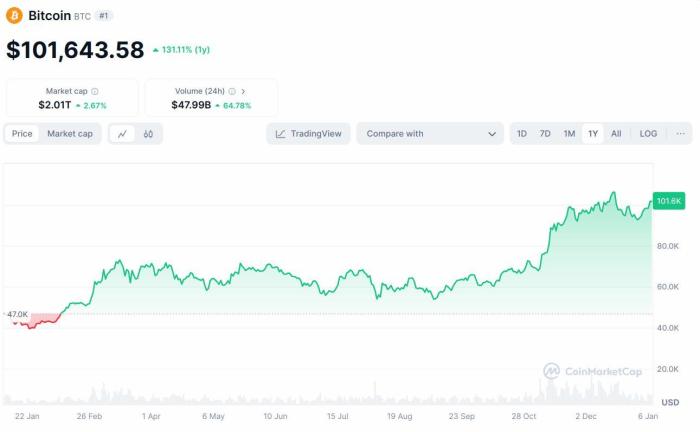
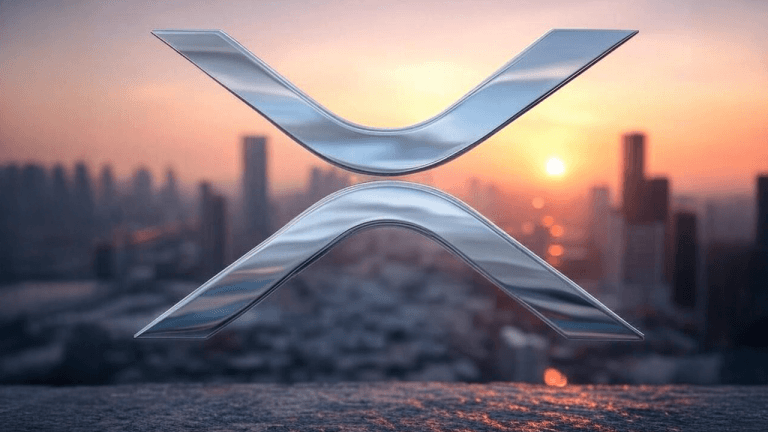
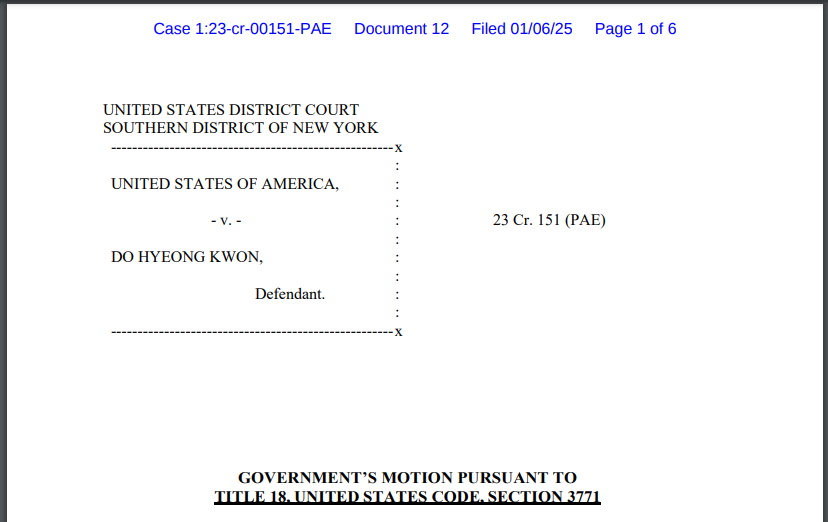

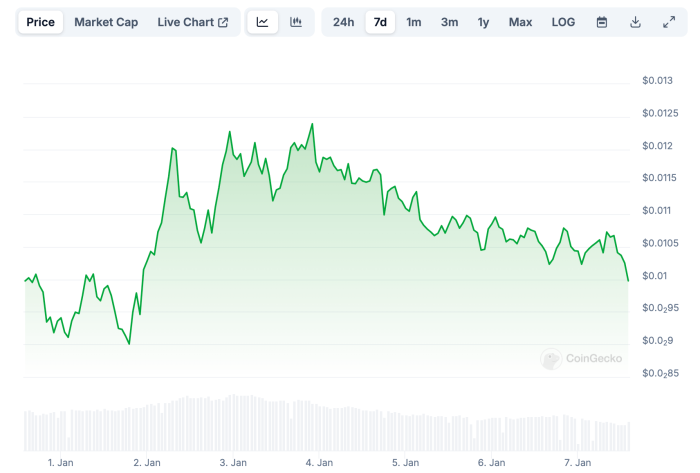
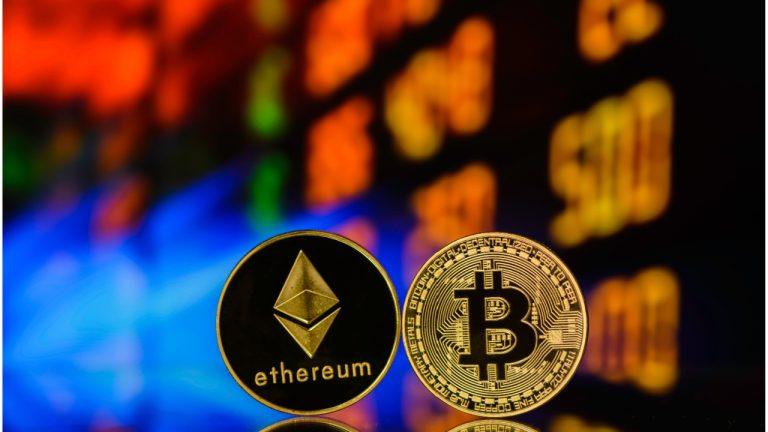



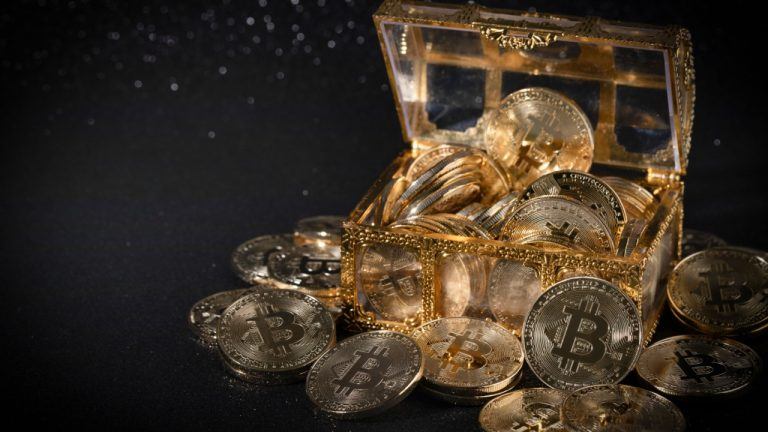


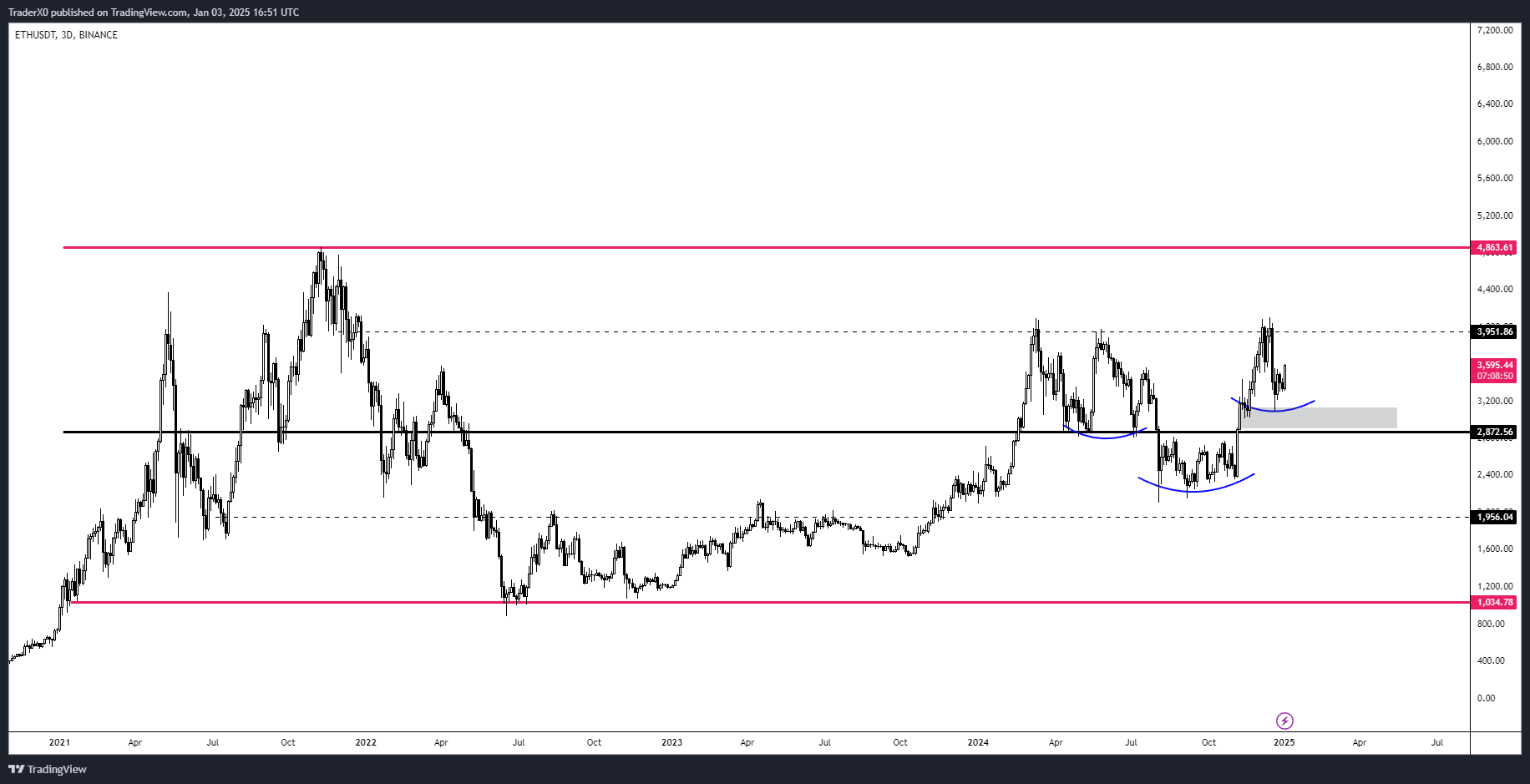


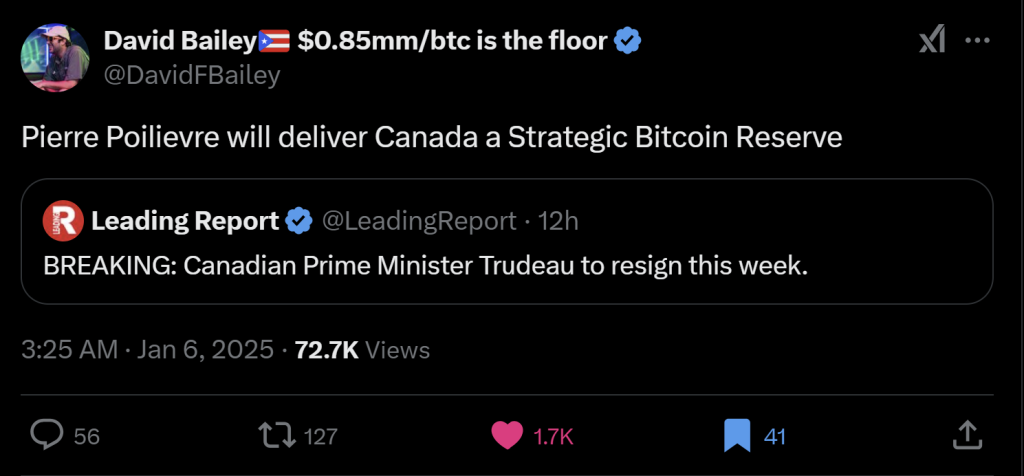



Comments